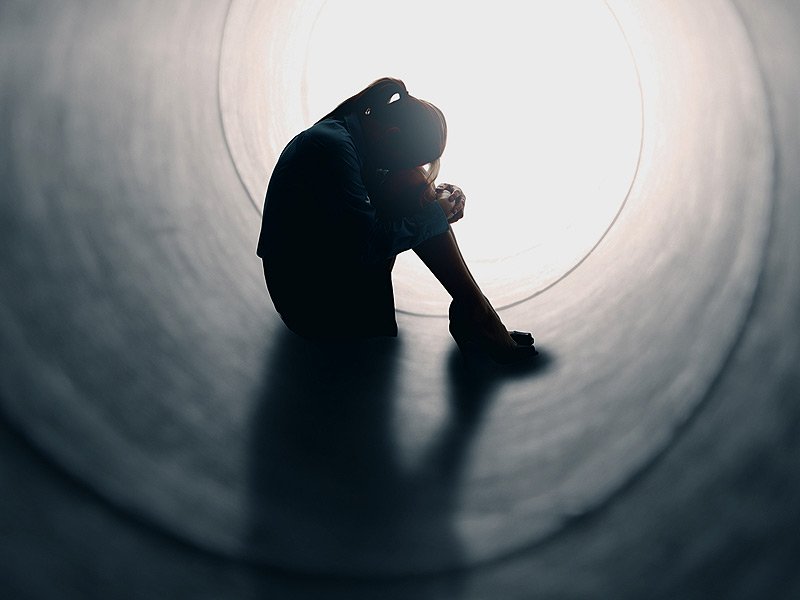The objective of this article is to help families in this difficult position to understand what they may be experiencing.

Summary: Suicide puts an entirely different face onto the grieving process. Often the survivors become the victims. They may remain both guilt-ridden, embarrassed, and angry with no release.
This article seeks to help such families make sense of the aftermath of a suicide. Support groups are very important in this process as is finding a good therapist to help work through the issues.
Because of the strong taboos about suicide, families, and especially parents of young people, tend to deny an attempted or completed suicide. Family members may prefer to refer to the occurrence as an 'accident" or pass it off as a sudden illness.
If a teen commits suicide, the combination of taboo and stigma robs the parents of the help that those who suffer a loss can generally count upon-. That is, the opportunity to talk about the loss and the deceased, to go over the experience until relief is obtained, and to and to glorify in the life of the person who has passed on. The problem with teen suicides is that parents of suicide victims are rarely able to talk about the event, even with one another.
The mortality on such marriages is 80%. This is attributable to the tendency for parents to mourn separately and to blame each other.
Grief and bereavement are normal healthy processes. The pain slowly subsides and healing occurs over time. Feelings are relieved as the sufferer talks about the loss. Eventually, the grief fades, until the pain flare ups happen only occasionally, for example on the anniversary of the death or at a holiday.
When death is due to suicide, the whole process is different. If the feelings of rage, anger, shame and guilt are not acknowledged and talked about by the survivors, there is no release. Survivors may be left confused and struggling with conscious and unconscious reactions and thoughts and unexpected emotions that have been repressed for a long time.
It is generally agreed in the mental health profession, that immediate help is needed to adjust to the fact of a suicide. The suicide tends to leave the survivors in crisis and expert handling is needed by an experienced family therapist to help everyone sort through what has happened. Particularly, in teen suicide, brothers and sisters need counseling attention. Suicide can be contagious and youngsters and close friends should be watched carefully.
There is a strong interest today in self-help. There is a self-help organization called The Compassionate Friends. It is an international group founded in England by an Anglican priest who was disturbed by parental suffering when children suicided. The movement spread to the United States where there are now many chapters across the country. In such a group, many parents are able to talk about their loss with others in similar circumstances and the talking provides a helpful release, gives parents a chance to see that what they are going through is universal for people who have lost a child, and normalizes the feelings that are tumultuous that they have.
